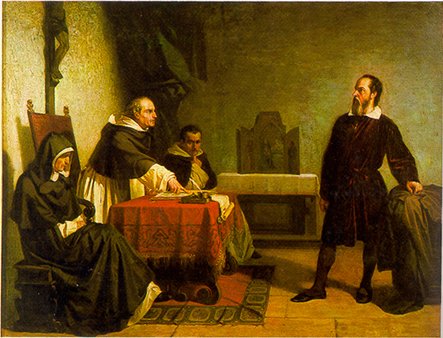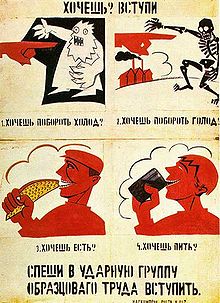Over a month ago, I warned that the New York Times was about to go public with a list of American operatives covertly working in Afghanistan and Pakistan providing Force Protection for our troops. Yesterday, in a front page article the New York Times admitted that it did in fact have said list in their possession.
The Times is withholding some information about the contractor network, including some of the names of agents working in Afghanistan and Pakistan.

I believe in giving credit where credit is due. For not releasing those names, I commend the New York Times. Even more heartening is the fact that it appears that the Times is warming to what I have dubbed, the “Petreaus Perspective.” It is General Petraeus‘s unique view of the battlespace melded with a combination of traditional military and outside-the-box approaches to securing victory in Afghanistan. In short, General Petraeus appreciates that there is a lot more to winning against al-Qaeda and the Taliban than just bombs and bullets.
In that spirit, General Petraeus signed off on a new program in January of 2009. It comprised former Central Intelligence Agency employees and former Special Operations personnel willing to risk their lives in Afghanistan and Pakistan in order to secure intelligence that could protect the lives of American and Coalition troops.
This particular type of intelligence gathering is referred to as Force Protection and since March, I have been reporting extensively on the CIA’s efforts to shut it down.

Right about now, you should be scratching your head. Why would the CIA want to shut down a program that has been enormously successful in helping to protect the lives of American troops? Just as I have been reporting, the New York Times states:
Some officials say they believe that the C.I.A. is trying to scuttle the operation to protect its own turf, and that the spy agency has been embarrassed because the contractors are outperforming C.I.A. operatives.
Having met and spoken with several members of the DoD program, I’m struck by something very significant. None of them is in this for the paycheck. They don’t care about promotions or corner offices. They are exceptional patriots who share a deep love and commitment to their country. They believe in what they are doing and want to keep on doing it. I, for one, believe their program should be allowed to continue. Especially when:
[C]ommanders in the field are in no rush to shut it down because some of the information has been highly valuable, particularly in protecting troops against enemy attacks.

That should hopefully be the end of any argument. If this program protects the lives of American troops, and does so at such an extraordinary level, it should continue. Those who fight to keep it in place are heroes and anyone who attempts to dismantle it deserves the wrath of an angry nation – including the CIA. And as sad as it sounds, until the CIA has overhauled itself and has cleaned out the rest of the deadwood, it doesn’t deserve a seat at the table.
Because the Department of Defense couldn’t count on the CIA, General Petraeus found another way to do things. Not only that, he and the DoD found a way to do things better, faster, and cheaper. This is the kind of leadership we have come to appreciate in General Petraeus and hopefully we’ll see even more of. This is leadership we can believe in.
It also looks like we may be able to believe in Mark Mazzetti and Dexter Filkins of the New York Times; two MSM reporters I have been very hard on. Though today’s byline bears Mazzetti’s name alone, I know how closely he works with Filkins (based in Kabul) and the collaboration that produces much of their Af/Pak reporting. Yesterday’s article was fair and I believe accurately reflects much of the situation in question. Well done, gentlemen. Credit where credit is due.
COMMENTS
Please let us know if you're having issues with commenting.